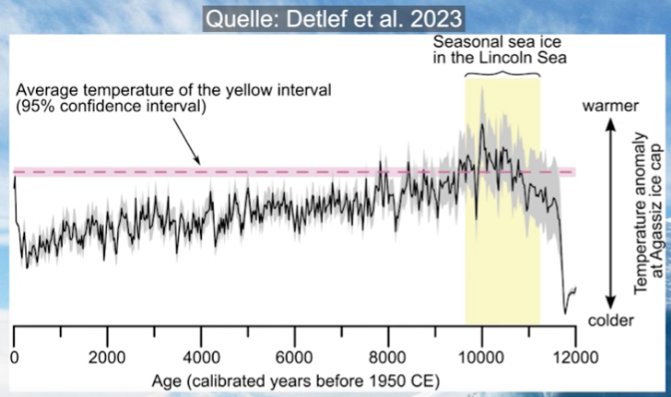Climate change doesn’t just affect habitats for wildlife. It’s also affecting cats and dogs.
Fleas and ticks are getting smaller, but there are more of them, they eat more often, and they’re causing problems in what used to be the colder months.
Heartworm is spread by mosquitoes, but those mosquitoes — which used to be found only in certain regions — are now carrying the disease all over the United States.
Increased temperatures have turned kitten season into a year-long event instead of a spring ritual. The weather is even disrupting hibernation for a California woman’s pet tortoises.
NASA recently declared that 2015 was the hottest year on Earth in 136 years of record-keeping with an average temperature of 58.62 degrees.
For pet-owners, those changes may mean rethinking preventive care like giving dogs flea and tick repellent and heartworm pills.




